
Topics: evolution, ovulation, mutation, intelligence, personality, sexuality, R, open science & source tools. https://rubenarslan.github.io/
have you seen this?

have you seen this?


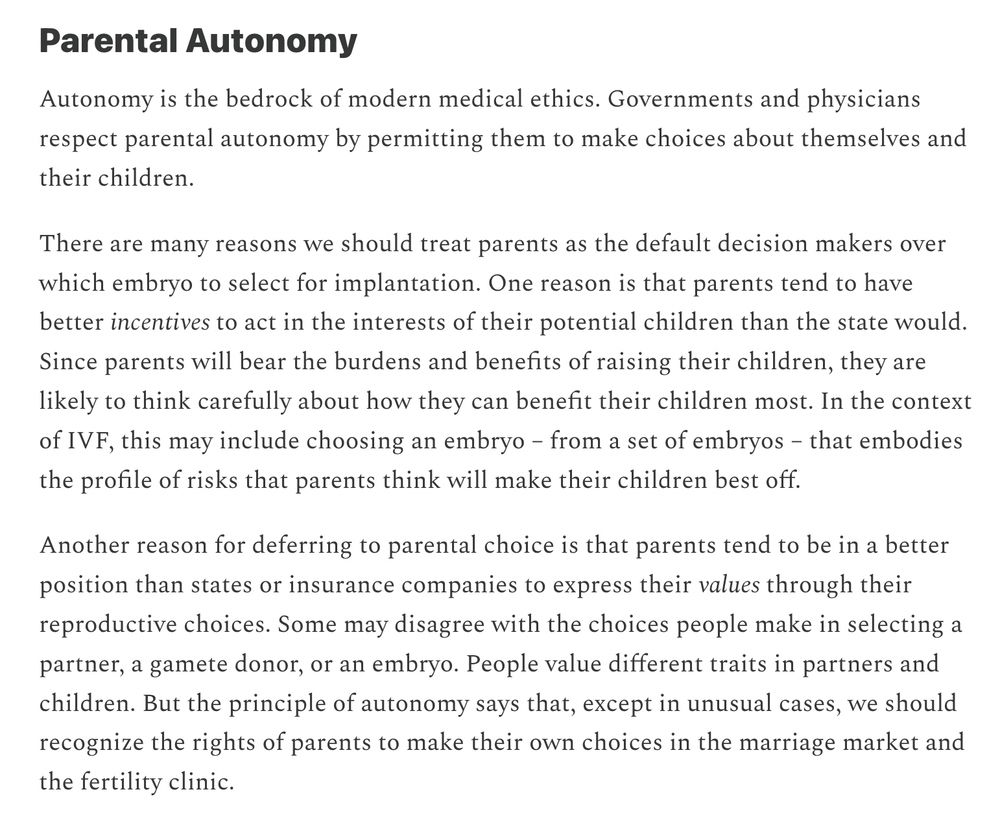


Pictured: a collider bias diagram, inspired by a blocked pipe situation I experienced (which I credit with giving me the intuition though it also ruined my belongings in the flooded cellar).

Pictured: a collider bias diagram, inspired by a blocked pipe situation I experienced (which I credit with giving me the intuition though it also ruined my belongings in the flooded cellar).
![> library(tidyverse)
>
> squish <- function(x) {
+ x <- round(x)
+ x[x>7] <- 7
+ x[x<1] <- 1
+ x
+ }
> nonserious <- 0.1
> N <- 500
> dt <- tibble(
+ serious = sample(c(F, T), N, prob = c(nonserious, 1-nonserious), replace = T),
+ poop = if_else(serious, 1, sample(1:7, N, T)),
+ chocolate = if_else(serious, squish(rnorm(N, 6.5, sd = 0.5)), sample(1:7, N, T)),
+ )
>
> table(dt$serious)
FALSE TRUE
44 456
> hist(dt$poop)
> hist(dt$chocolate)
>
> effsize::cohen.d(dt$poop, dt$chocolate, paired = T)
Cohen's d
d estimate: -4.866682 (large)
95 percent confidence interval:
lower upper
-5.409463 -4.323901](https://cdn.bsky.app/img/feed_thumbnail/plain/did:plc:rbamsrq5xdc25fdrmiicvi3f/bafkreicrqqglq4ezojlrdhg6ddzg4q4ho7xmyxfmjy3huadzmwhr2t6xnm@jpeg)
journals.sagepub.com/doi/10.1177/...



journals.sagepub.com/doi/10.1177/...


N=340, so small effects may have gone undetected.
www.sciencedirect.com/science/arti...
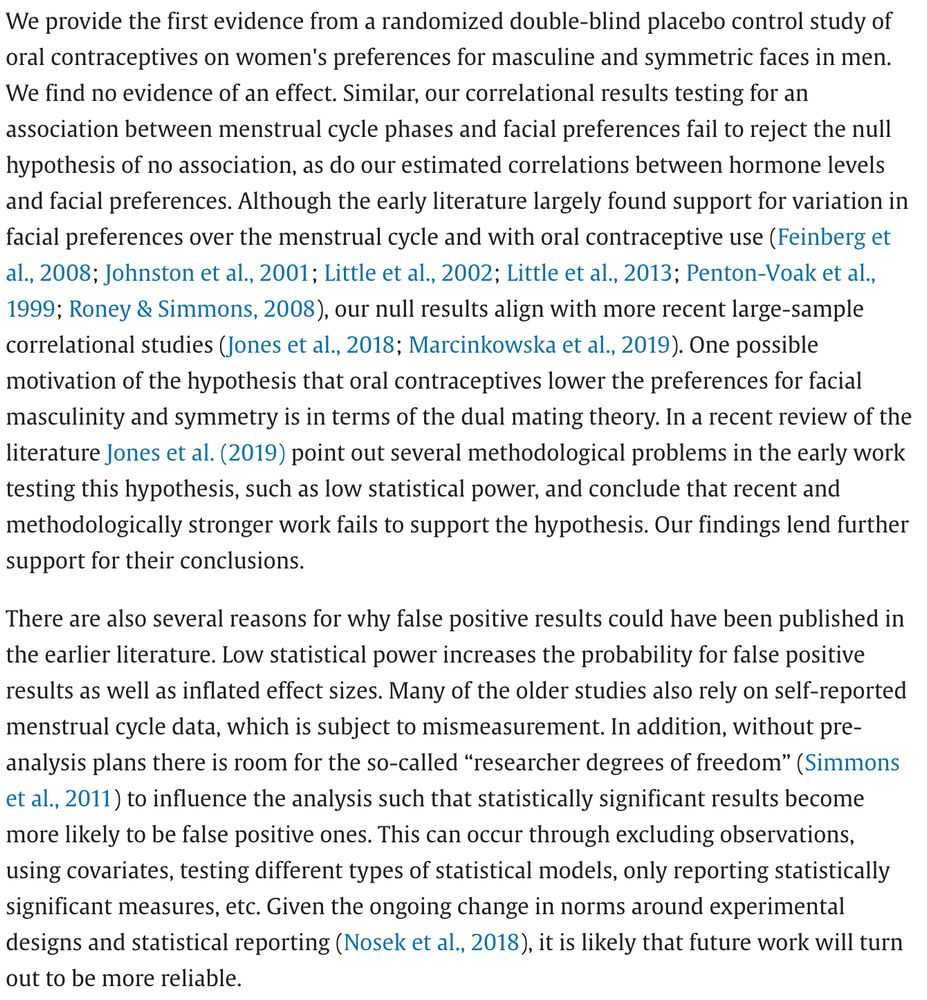
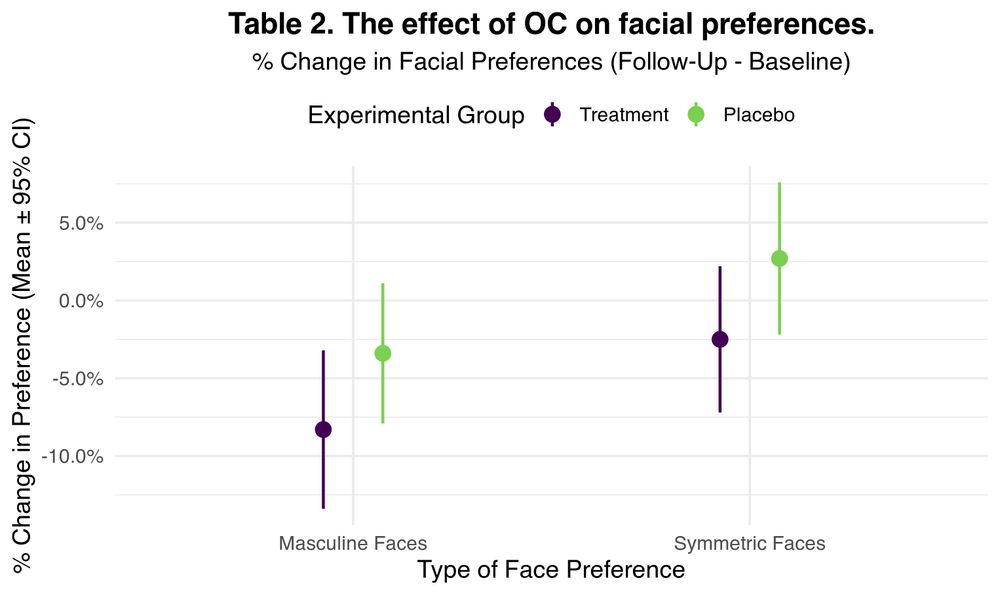
N=340, so small effects may have gone undetected.
www.sciencedirect.com/science/arti...


rubenarslan.github.io/construct_pr...
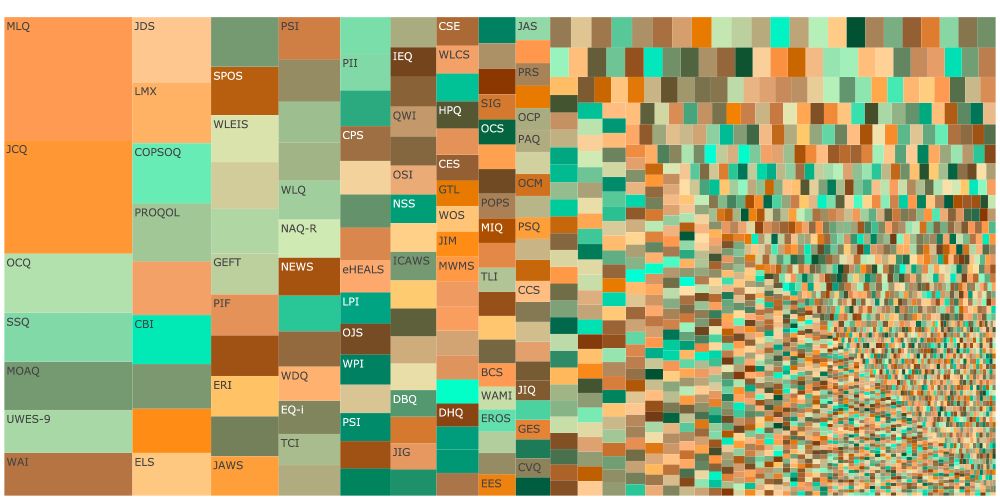

rubenarslan.github.io/construct_pr...
rubenarslan.github.io/mistakes.htm...

rubenarslan.github.io/mistakes.htm...

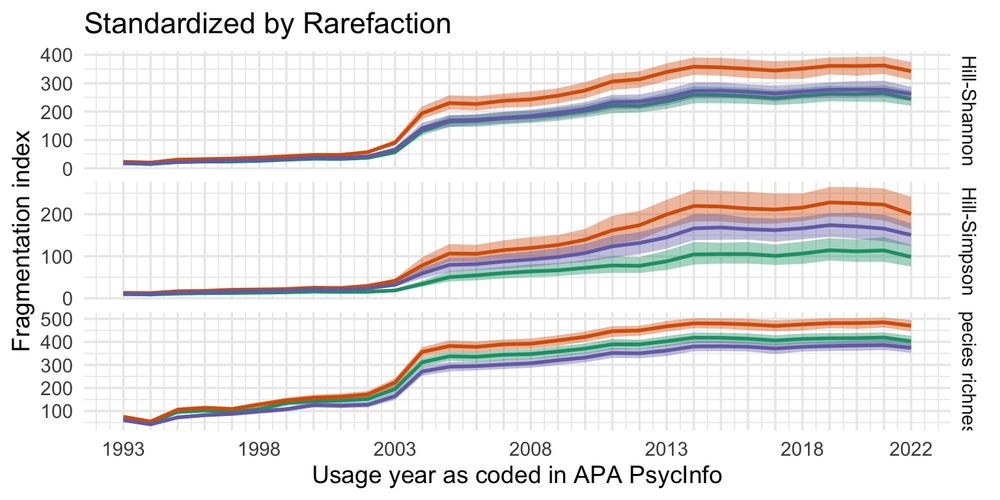








We updated the preprint with the (substantial) revision, please check it out.
osf.io/preprints/ps...
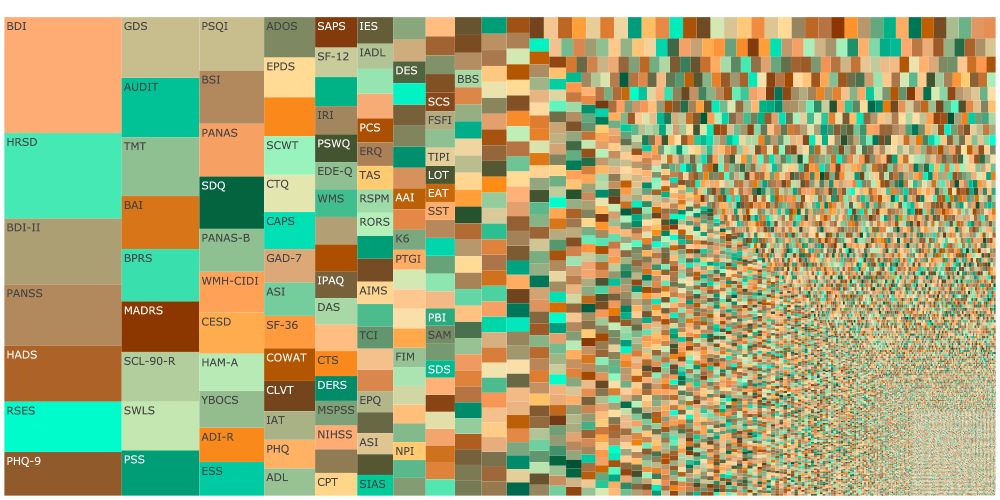
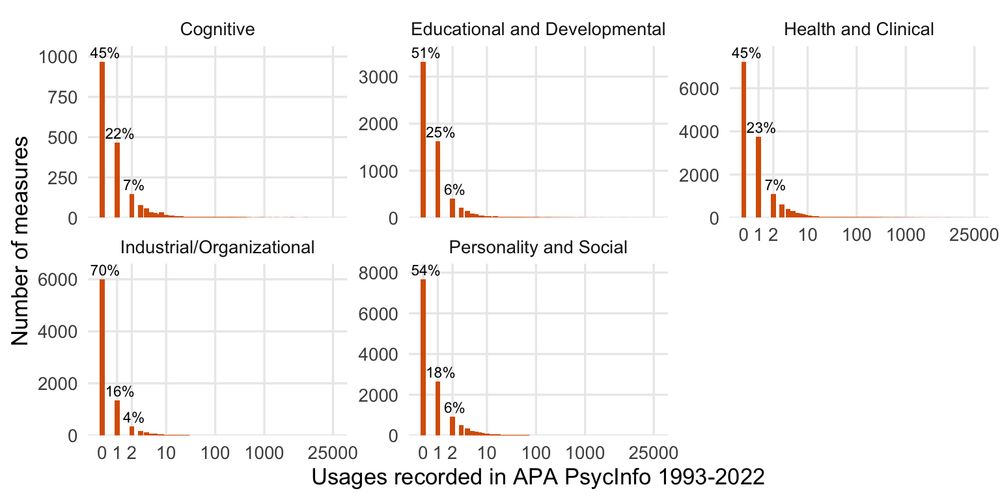
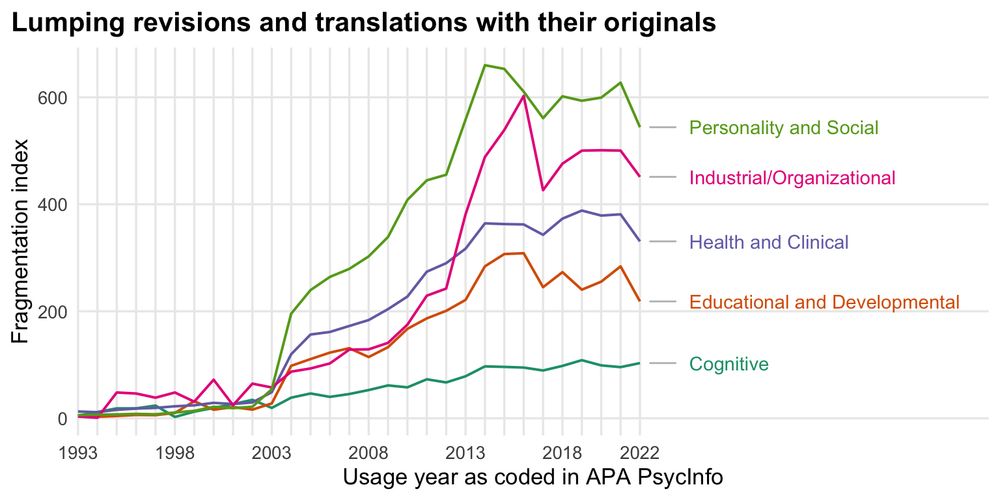
We updated the preprint with the (substantial) revision, please check it out.
osf.io/preprints/ps...





